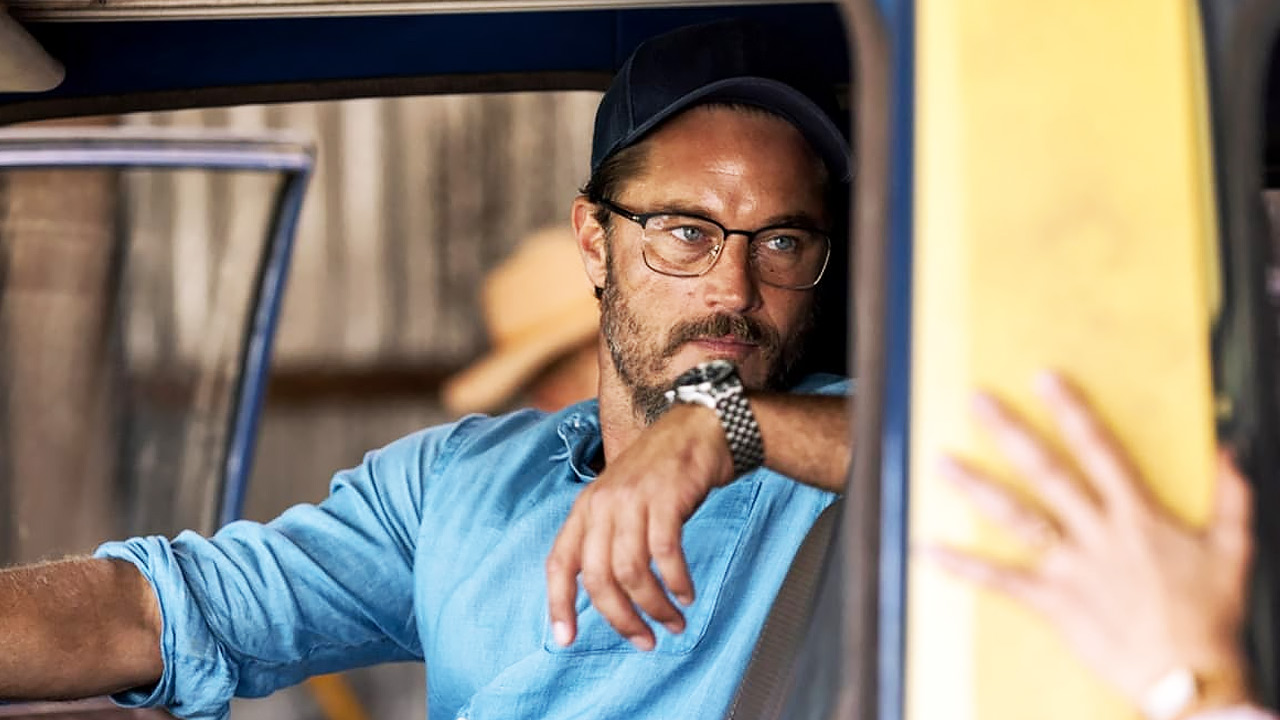Well-made crime drama Black Snow highlights a little-explored area of Australian culture

Set in Far North Queensland, Black Snow is the latest production in the ever-expanding genre of outback noir. How does it compare to other recent entries? Here’s Travis Johnson’s review.
Outback noir is the Australian prestige TV genre du jour right now, the fecund subgenre giving us the likes of Mystery Road: Origin, Savage River, True Colours and Troppo all in the past year. That latter tests the boundaries of the form, at least geographically, being set in Far North Queensland. How far back is the outback, and does direction matter? Now we have Black Snow, also set in FNQ. Perhaps we need a new subcategory for tropical crime stories. Is bananoir taken? Does Magnum P.I. count?
That’s a joke, but Black Snow is a series notably light on humour, dealing as it does not only with the murder of a teenage girl but Australia’s largely unacknowledged history of slave-taking in the South Sea Islands, known as Blackbirding.
The murder of 17-year-old Isabel Baker (Talijah Blackman-Corowa, an incredible new talent) takes place in 1994. In the present day, the opening of a time capsule in the fictional town of Ashford revives long-buried memories of the atrocity and attracts the attention of Brisbane cold case cop James Cormack (Travis Fimmel). It’s clear from the get-go that digging into Baker’s death puts the town on guard. Local cop shop boss Turner (veteran Kim Gyngell) tries to fob him off, but a bit of work brings Isabel’s now-adult sister, Hazel (Jemmason Power, with Molly Fatnowna as a younger iteration of the character) onside. It soon becomes clear that the murderer is someone from within the town and still, if not living there, connected to it.
Which is all par for the course, but that’s not a criticism. These small town crime stories draw from a somewhat limited pool of essential tropes, and series creator Lucas Taylor—along with writers Boyd Quakawoot and Beatrix Christian—deploy them well. But what sets Black Snow part is the way it takes us into the Australian South Seas Islander community, of which victim Isabel and many of the supporting players are members.
This is a little-explored corner of Australian culture. These people are largely descendants of those taken to work in Queensland’s cane fields, their presence in Ashford providing an uncomfortable reminder that the sugar-farming town’s prosperity is rooted in slavery (the “black snow” of the title refers to the ash rain that follows the fields being burned for harvest). Black Snow’s depiction of the community is perceptive and nuanced, and the generational trauma of slavery palpable. Even the fire-and-brimstone Christianity embraced by Isabel and Hazel’s father, pastor Joe (Jimi Bani of Mabo), seems like a desperate coping mechanism. He’s a man adrift from his own culture, desperately clinging to faith.
There’s a melancholy that hangs over Black Snow, as it pivots between the two time periods and observes the vast gap between what was, what could have been, and what sadly is. It’s not just in Isabel’s murder, which cut short a young and promising life; every character is weighed down with regrets. Brooke Satchwell, recently seen in The Twelve, is excellent as Isabel’s now-adult bestie (Annabel Wolfe plays the character in flashback), who gets nervier as more old secrets are uncovered. While Alexander England plays Isabel’s former high school sweetheart, Anton, as a man clearly still agonised by her loss (Josh Macqueen is the young Anton).
Unfortunately, Black Snow doesn’t quite have the narrative drive to sustain itself over the six episodes that comprise the series. In the back half especially there’s the occasional sense that it’s dragging its feet unnecessarily in service of a preordained episode order. It doesn’t sink the ship, but it does make it a mite unsteady. Nonetheless, this is a moody, well-made crime drama that forefronts a little-explored area of Australian culture and history, and so definitely worth adding to your queue.


















